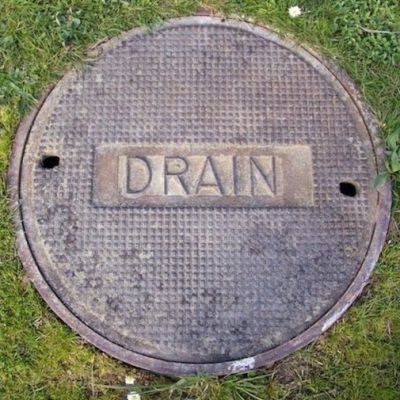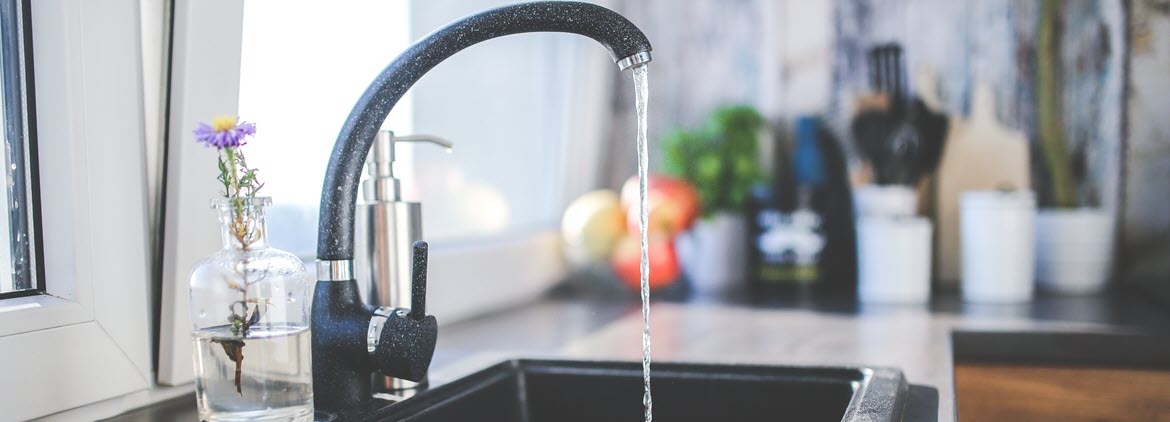In this article below you will discover more brilliant guidance in regards to What I learned from trying to deal with a clogged drain.

Intro
Managing a blocked drain can be an aggravating experience, interfering with everyday activities and potentially creating damage to your residential or commercial property. Nonetheless, prior to connecting to pipes specialists, there are steps you can take to resolve the problem on your own. In this overview, we'll check out DIY solutions and preventive measures to take on a blocked drainpipe properly.
Identifying the Concern
The very first step in dealing with an obstructed drain is identifying the indicators. Slow water drainage, gurgling audios, foul odors emanating from drains, or water support up are common signs of a blocked drainpipe. Recognizing these indicators early can aid stop further complications.
Selecting the Right Pipes Solution
When selecting a plumbing service, consider aspects such as experience, licensing, and consumer testimonials. Select a trusted plumber with a record of top quality craftsmanship and clear rates practices.
Cost Considerations
The price of professional drainpipe cleaning company can differ depending on the extent of the clog and the plumbing's rates. Request quotes from numerous providers and inquire about any kind of additional charges to make certain openness and avoid surprises.
Safety Precautions
When trying do it yourself drain cleaning, prioritize security. Wear protective gloves and eyeglasses to stay clear of contact with harmful chemicals or germs. Never ever blend various drainpipe cleansing products, as this can produce unsafe fumes.
Case Researches
Real-life examples illustrate the performance of do it yourself solutions and the significance of timely professional intervention in resolving drainpipe blockages.
Common Causes of Blocked Drainpipes
Understanding the variables that contribute to drain pipes blockages is essential for reliable resolution. Typical culprits include hair, soap residue, oil, food particles, and international things like hygienic products or paper towels. Tree origins invading underground pipelines can also trigger substantial blockages.
DIY Solutions
For minor clogs, several do it yourself options can be effective. Putting boiling water down the drainpipe can aid dissolve oil and debris. Sodium bicarbonate and vinegar or a combination of salt and baking soda can act as natural cleaners. Making use of a bettor or pipes snake to displace obstructions is an additional option.
Devices and Equipment
Having the right tools available can make do it yourself drain cleansing much more effective. A bettor is a versatile tool for getting rid of clogs in sinks, commodes, and showers. A pipes serpent or auger can get to deeper blockages, while drain cleaning chemicals can be utilized carefully for stubborn obstructions.
Preventive Measures
To stay clear of future blockages, embracing safety nets is vital. Install drainpipe guards or strainers to catch hair and particles before they enter the pipes. Consistently flush drains with warm water to liquify oil build-up, and prevent getting rid of grease or strong waste down the drain.
When to Call a Professional
While DIY remedies can fix small obstructions, specific indicators indicate the requirement for expert aid. Consistent blockages, foul odors despite cleaning up efforts, or numerous drains supporting all at once are red flags that call for professional intervention.
Final thought
By following the suggestions described in this guide, you can efficiently tackle obstructed drains pipes and protect against future pipes concerns. Whether selecting DIY remedies or seeking specialist support, timely activity is essential to keeping a healthy pipes system and protecting the honesty of your home.
How to Clear a Clogged Drain Yourself (And When to Call In the Professionals)
What Can Clog a Drain
Dirt Skin flakes Hair Grease Soap scum Food Offset pipes Tree roots Small objects Mineral buildup DIY Tricks to Unclog a Drain
You can fix this! Once you have identified the source of the clog (or have a vague idea), you can try one or a combination of these fixes in order to clear your plumbing.
Wire Hanger or Snake
Untangle and clear out hair from a drainpipe with a homemade snake. Use a straightened-out wire hanger with a 90-degree angle hook to locate the clog and drag out any unwanted material.
Remember not to push the clog further down to where the wire hanger cannot reach! If you need to follow up with a plunger, give it a try. Your efforts might be more successful after it’s been wire-snaked.
If you want to get fancy and don’t have a wire hanger to spare, head to the store and pick up a hand-operated drain snake. You can get one for $10-$30. It may save you the hassle, and provide additional length to reach deep into the clogged pipe.
Plunger
A cup plunger has a suction cup attached to a wooden handle. The rubber creates a seal around the drain, and increases the pressure force of the plunger.
Plunge for 30-second increments to loosen the clog. This may need to be repeated over the course of 15-20 minutes. Once plunged, run the water to flush the remaining material out of the drain.
Remember– never use a plunger if you have used a chemical drain cleaner. These chemicals can splash up from the force of the plunger and cause serious injury or burns.
Boiling Water
Hot water can sometimes break up materials into a flushable amount. Dirt, grease, and soap buildup requires heat in order to unstick from surfaces.
Take your kitchen kettle and heat your water to a boil. Once it reaches a rolling boil, pour it directly down the drain into the blockage. Carefully follow with plunging, if necessary.
Don’t worry if this takes more than one try! It can often take multiple kettles and repeated plunging in order to clear a particularly stubborn clog.
Chemical Drain Cleaner
As a last resort, pick up a bottle of chemical drain cleaner. Drain-cleaning chemicals are potent, and not very good for the environment.
You may need to wear protective eyewear in gloves before handling your bottle of chemical drain cleaner. Follow the instructions printed on the bottle, and flush with water as soon as the instructions allow. Do not follow with plunging.
Baking Soda and Vinegar
As a safer alternative to chemical drain cleaner, baking soda and vinegar can create a chemical reaction that clears tough clogs.
Combine one cup of cleaning vinegar with one cup of boiling water, and set aside. Once you have done this, pour half a cup of baking soda down the drain. Give the baking thirty seconds to settle and cover a large portion of the problem drain.
Following the baking soda, pour down your vinegar and hot water solution. Once the vinegar and baking soda combine, the mixture will bubble and fix. Let this reaction fizzle in the drain for about an hour.
After an hour, follow with a kettle’s worth of hot water. The heat and liquid should flush out any remaining material.
When to Call a Plumber
If your DIY attempts haven’t cleared your clog drain, it’s time to call in a professional. It’s not worth losing access to your kitchen sink or high-traffic bathroom. A clog in a vital area can keep you from the things you’d rather be doing, and derail your routine.
Anytime a clog is causing water to spread is a time to call in a plumbing service. What starts out as a little bit of water can quickly grow into serious, expensive water damage.
Additionally, a serious clog can result in burst pipes or serious leaks. Make sure you know when to take it seriously!
https://myguysnow.com/how-to-clear-a-clogged-drain-yourself-and-when-to-call-in-the-professionals/

I found that blog posting about Tips for Dealing with Clogged Drains and Sewer Lines when doing a lookup on the internet. Loved our blog entry? Please quickly share it. Let others locate it. Thanks for being here. Return soon.
Check Us Out